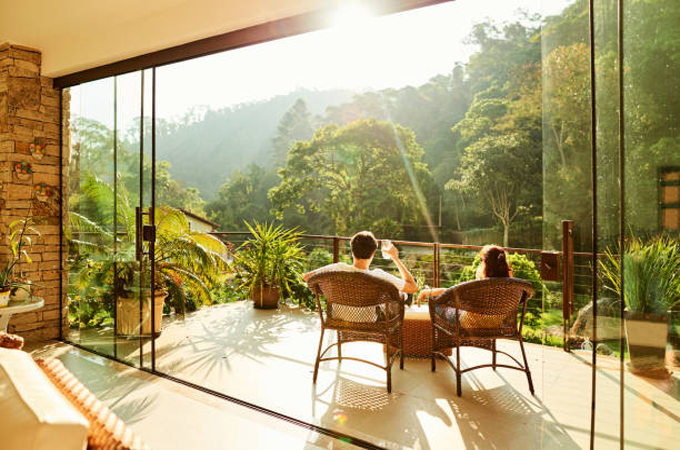The global luxury market has experienced uneven performance across categories in recent years, yet one sector has consistently stood out: luxury hospitality and tourism.
According to Bain & Company, even as personal luxury goods declined for the first time in 15 years, experience-driven categories such as travel, dining, and leisure not only held steady but expanded.In 2024, the luxury hospitality market grew by 4%, reaching an estimated $280 billion. Gourmet food and fine dining rose by 8% to $83 billion, while the luxury cruise sector surged by 30% to $6 billion. Of the nine global luxury retail segments, it is these experience-based categories that are leading the way.“Luxury today is no longer just about products, but about how people spend their time, and with whom,” said Sami Abdul Rahman, Partner at Bain & Company Middle East. “Hospitality, fine dining, and tourism are emerging as the brightest growth engines in the luxury sector. There’s no shortage of demand, the real question is whether supply can keep pace… and have we defined an effective value proposition to entice first time tourists and keep them recurring” Several dynamics are shaping this momentum. Multigenerational travel is on the rise, with families booking larger spaces or cruises to create shared experiences across generations. Longer stays are also gaining traction, driven by digital nomads blending work and leisure, and affluent travellers seeking deeper cultural immersion. These trends are keeping occupancy high and daily rates above pre-Covid levels.Advance booking patterns further underscore demand outpacing supply, with many luxury travellers now securing reservations one to two years ahead. Meanwhile, luxury cruises, once considered niche, are drawing in new customers with smaller ships, curated itineraries, and conservation- or culture-focused experiences, fuelling 30% growth in a single year.“The cruise and experiential segments are redefining what high-end travel looks like. Travellers are seeking immersion, authenticity, and meaningful experiences that go beyond luxury as status and toward luxury as connection,” said Jack Nolan, Senior Manager at Bain & Company Middle East.The Middle East is also emerging as a central player in this global transformation. With its focus on opening doors to international tourism and investing heavily in luxury destinations, the region is positioning itself as a hub for experience-driven travel. The UAE continues to lead in attracting luxury tourists, while Saudi Arabia is rapidly developing its offerings, from Red Sea resorts to cultural mega-projects. With its geographic position between Europe, Asia, and Africa, the GCC is becoming a hub for both inbound tourists and regional luxury travellers.“The GCC is at the forefront of redefining luxury tourism,” said Nolan. “With investments in world-class destinations and a focus on personalisation, wellness, and multigenerational offerings, the region is well positioned to capture outsised growth in the coming decade.”For leaders in hospitality and tourism, the message is clear. This is one of the strongest growth engine in the luxury market. The challenge is not whether demand exists, but whether supply of properties, services, and experiences can keep up. Operators who lean into personalisation, wellness, and multigenerational offerings will be best placed to capture value. Those who hesitate risk missing a rare growth window.Luxury is moving beyond products. It’s becoming about experiences that matter, that feel personal and blend naturally into the way people live and explore the world.For governments, this means investing in destinations, infrastructure and experiences through local offerings and pilots that elevate cultural and experiential value and encourage local players, communities and private sector companies to engage. For private-sector leaders, it means reimagining customer engagement through creativity, personalisation, and technology-driven excellence. Those who act boldly, expanding supply, deepening engagement, and innovating beyond the traditional luxury model, will set the pace for the decade ahead. -TradeArabia News Service
Travel, Tourism & Hospitality
Hospitality, travel drive global luxury market growth

